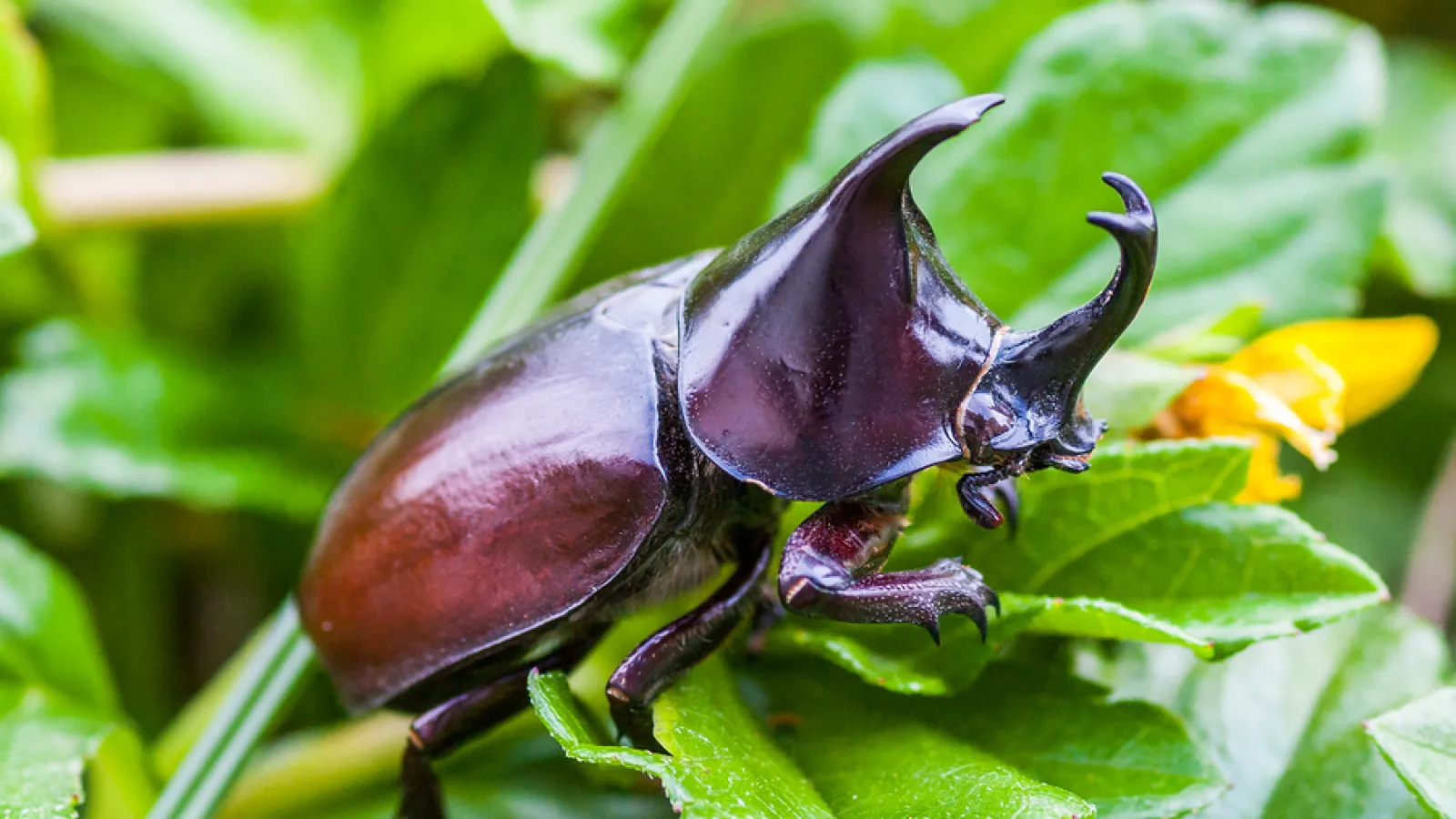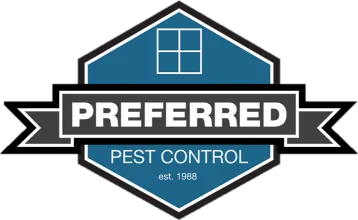
Beetles
Latin Name: Coleoptera
Beetles are the most numerous organisms on the planet, comprising over a quarter of existing animal life forms. There are more than 300,000 different species of beetles, all of which possess unique features and adaptations to their respective environment.
The scientific name for the beetle order of insects is Coleoptera, so named for their distinguishing feature, sheathed wings. All beetles possess a hardened outer shell that coats and protects the wings when they are not in use. As in all insects, beetles have six legs and three body segments: the head, thorax, and abdomen.
Many species of beetle act as pests for a variety of different reasons. Some beetles subsist solely on wood, feeding and then reproducing in the structure of homes. Repairing the damage created by these pesky insects can sometimes cost thousands of dollars and hours of labor spent sealing the entry holes. Some species of beetle have no natural enemies, so they can wreak utter havoc when uncontrolled. For this reason, whenever a beetle is seen roaming around your home, it is always a wise decision to contact a professional inspector.
Oftentimes, the larva of beetles can be more destructive than the adult forms. Not only do they require much food matter to grow, but they often eat holes through wood structures in an attempt to get out. The resulting tunnels can weaken the strength of a building and ultimately cause rot and decay of the wood.
Bettles, unlike termites, don't eat on wood only. Many species of beetle feed actively on vegetable roots in gardens and can destroy entire crops if left uncontrolled. If a beetle is seen in or around a garden, it is often a sign of the presence of a greater infestation.
Some species of beetle that you may be familiar with can actually be beneficial to keep around the house. These beetles are not active pests and can actually control the population of pests in an ecosystem. For instance, the ladybug feeds actively on aphids, a species of insect that can have devastating impacts on gardens. Pest control for these kinds of beetles is unnecessary, and if they are seen, there is no reason to be alarmed.
Pest control for beetles can often be more difficult than for other orders of insects. Many species of beetles, wood beetles especially, are impossible to reach with conventional pesticides, and require professional pest control. To stay on the safe side, a trained inspector should always be contacted when destructive beetles are spotted.
To request a free pest inspection, contact Preferred Pest Control today.
